The organisation includes Daihen Corporation, Kansai Electric Power Company, Mitsubishi Research Institute, Sinanen Corporation, and WiTricity. The Council was created to promote wireless charging technology and to pave the way for broad adoption of EV wireless power transfer in Japan.
“The formation of the EV Wireless Power Transfer Council is a key step in the development of the wireless charging industry in Japan,” said Alex Gruzen, CEO of WiTricity. “Together with these Japanese industry leaders, WiTricity will help establish technical standards for wireless charging, prove out business models, and drive adoption."
The Massachusetts-based company also announced that it is establishing WiTricity Japan as it grows its staff in Japan to support Japanese customers and numerous wireless power transfer projects in the country.
"In establishing WiTricity KK, we can help Japan leapfrog current technology and deliver the next-generation EV ownership experience,” said Gruzen. "Given the unique challenges and opportunities presented by the Japanese auto market, the physical presence of WiTricity staff helps us anticipate customer needs for rapid adoption of wireless charging for EVs in Japan."
Japan is accelerating EV adoption in multiple ways, with government decarbonization policies and with Japanese automotive OEMs introducing new, advanced EVs for both consumer and commercial use.
Japan has challenges and characteristics that make wireless EV charging uniquely valuable in helping to drive EV adoption. Space constraints in enormous, densely populated cities make the plug-in stations familiar in the US challenging to accommodate, whereas wireless charging requires less real estate. Automated parking garages can provide charging without the need for a person to plug in their vehicle.
On the commercial side, wireless charging brings operational cost advantages to fleet electrification, which is well underway in the market, particularly for package delivery. Wireless vehicle-to-grid (V2G) technology will make vehicle battery energy storage available on-demand and help accelerate a greener and more resilient grid.
WiTricity has been active across standards bodies to provide assurance to consumers and automakers alike that wireless charging will be interoperable and will promote the same in Japan.
WiTricity also previously launched its FastTrack Integration Program for automotive OEMs, for an initial vehicle integration in just three months, dramatically increasing the automaker’s ability to test wireless charging on existing and future EV platforms.
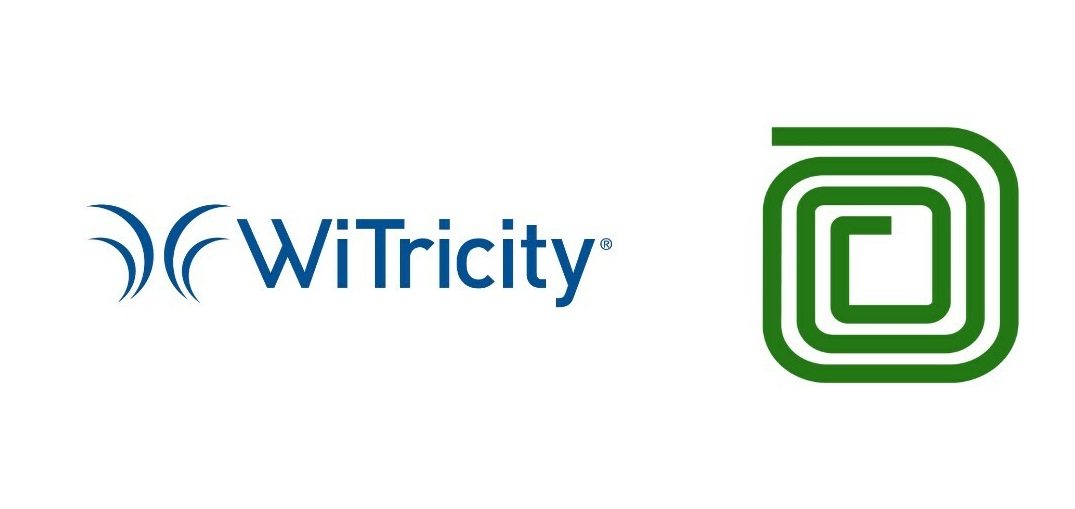
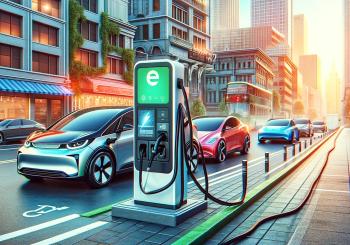
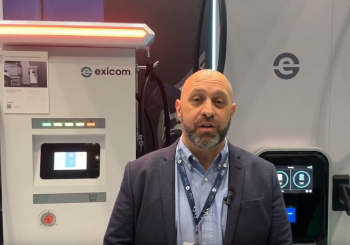
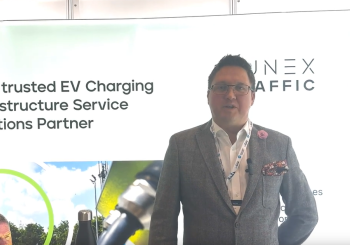
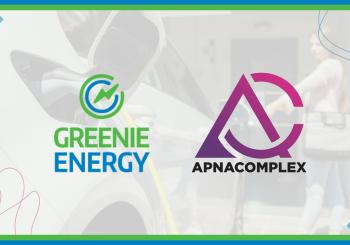
Follow Us On Social Media